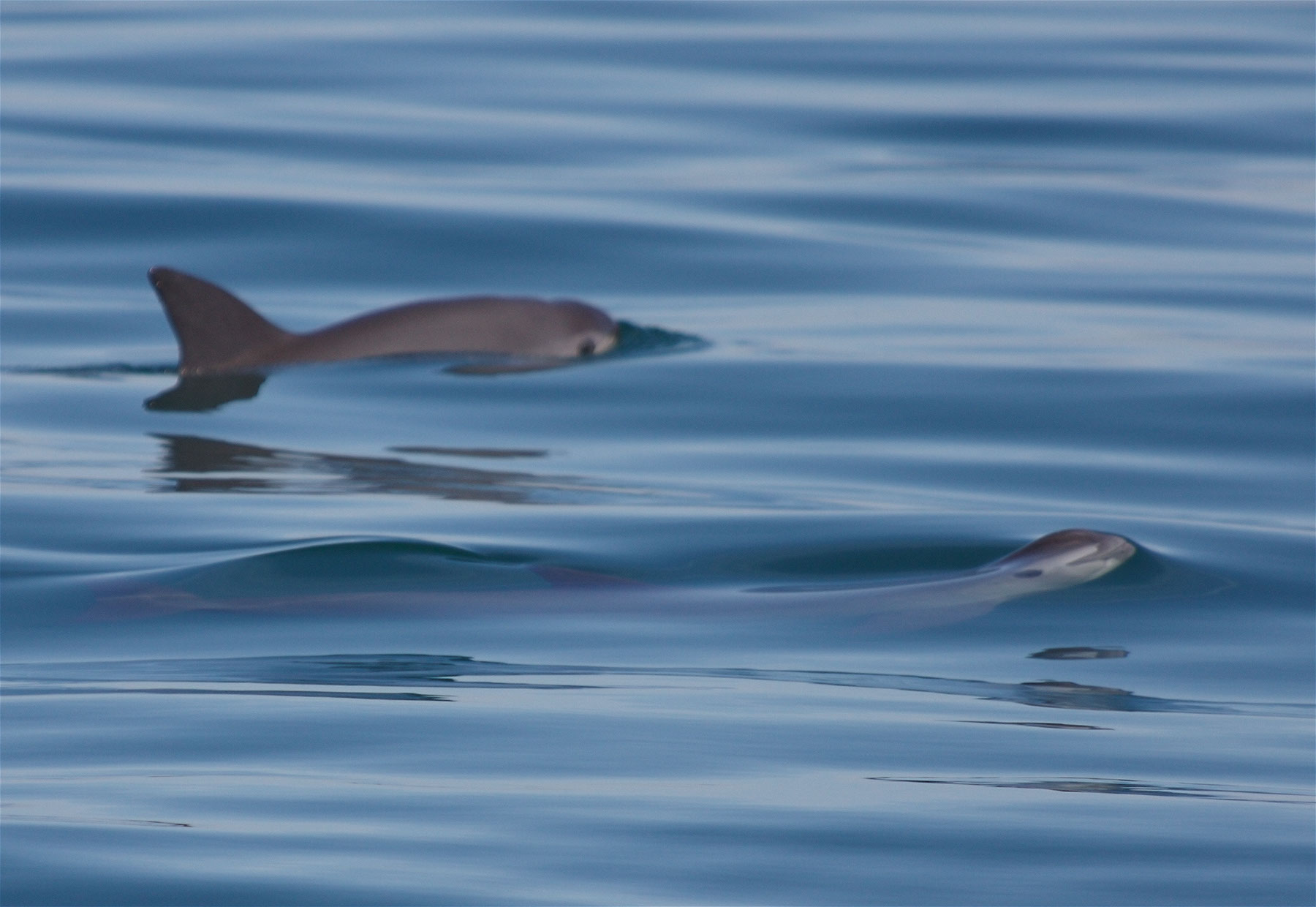Suit Seeks Ban on Mexican Seafood Imports to Prevent Extinction of Vaquita
by Center for Biological Diversity
WASHINGTON— Conservation groups filed a lawsuit against the Trump administration today for failing to respond to their emergency request to ban certain seafood imports from Mexico’s Gulf of California in order to save the critically endangered vaquita porpoise from extinction.
Fewer than 30 vaquita now remain on the planet after the population suffered a 95 percent decline over the past 20 years. Entanglement in fishing gillnets is the sole threat to the species’ survival. Scientists predict that the vaquita will be extinct by 2019 if fishing practices remain unchanged.
In May the groups filed a formal legal petition requesting that the U.S. government ban the import of seafood from Mexico that was caught in the vaquita’s habitat using deadly gillnets. Today’s lawsuit seeks an immediate response to that emergency petition. A U.S. ban on lucrative Mexican seafood imports will pressure Mexico to fully ban gillnets and strengthen much-needed enforcement.
“We’ve asked politely that the U.S. government take action to save the vaquita by banning Mexican seafood imports,” said Sarah Uhlemann, international program director at the Center for Biological Diversity. “But the clock is running out for the vaquita and it’s time to demand action. The Trump administration must use the strongest possible pressure quickly to force Mexico’s hand in protecting the vaquita before it’s too late.”
Mexico has failed to permanently ban all gillnets in the vaquita’s habitat, despite repeated recommendations by scientists and evidence that the use of gillnets by any fishery — in or adjacent to the vaquita’s range — will undeniably lead to the species’ extinction.
“We can’t leave any tool unused that will help get the vaquita’s killer — gillnets — out of their habitat,” said Zak Smith, senior attorney with the Natural Resources Defense Council’s Marine Mammal Protection Project. “The fishing industry is driving the vaquita’s extinction — and pressure on that group to fix their practices may be the most important way to save these porpoises. The United States must immediately ban the import of any seafood from Mexico that is contributing to the vaquita’s extinction.”
The U.S. Marine Mammal Protection Act requires the U.S. government to ban seafood imports from fisheries that kill marine mammals, including the vaquita, in excess of U.S. standards for marine mammal bycatch (the accidental entanglement and deaths of marine mammals in fishing gear). If American standards were applied to Mexican fishermen operating in and near the vaquita’s habitat, fishermen would be prohibited from contributing to the bycatch of any vaquita because it is gravely endangered and losing its population at a rate of nearly 40 percent each year.
“Mexico has known for decades what must be done to save the vaquita, yet has not found the political will to stop the species from plummeting toward extinction,” said Kate O’Connell, marine wildlife consultant with the Animal Welfare Institute. “If the U.S. government does not step up and use its laws to compel the Mexican government to save the species by banning certain seafood imports, it too will be complicit in the loss of the vaquita.”
In 2016, following a legal petition by conservation groups, the Service adopted new rules to enforce the Marine Mammal Protection Act’s import provision. Those rules will be fully applicable worldwide by 2022. Today’s lawsuit seeks emergency application of the rules to save the vaquita.


The CO River no longer feeding into their habitat is likely contributing to the stress of the entire ecosystem/biotic community there. Yes, overfishing & terrible practices with deadly plastic netting must be stopped, AND the CO River delta must be restored. Rights of Nature for the CO River could help protect this delicate region. A healthy delta area creates an edge that when allowed to thrive in it’s natural state, encourages massive biodiversity. Healthy deltas are some of the most biodiverse places on the planet… until industrial civilization poisons & kills them.
I accidentally unsubscribed to this article, so I’m hoping an additional comment will re-subscribe me… 😛